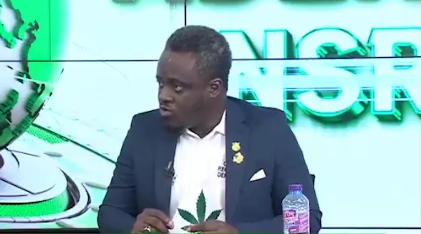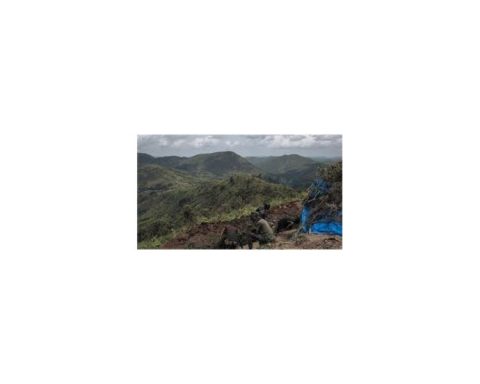Kenyans across the country are preparing to take to the streets on Monday, 7 July, to mark Saba Saba Day, an annual commemoration of the historic pro-democracy protests of 1990.
This year’s observance, however, comes amid heightened political tensions and widespread public anger over police brutality and poor governance, following the deadly 25 June demonstrations, which left 16 people dead and more than 400 injured.
Join our WhatsApp ChannelOrganisers of Monday’s events have announced a series of marches, concerts, and digital campaigns to honour those killed during last month’s protests and to press for urgent reforms in policing and governance.
“This year’s Saba Saba is not just about remembering the past,” said one of the organisers. “It’s about addressing the injustices of today and ensuring the lives lost on 25 June are not in vain.”
A Day of Defiance, then and Now Saba Saba, Swahili for “Seven Seven,” originated on 7 July 1990, when opposition leaders Kenneth Matiba, Charles Rubia, and Jaramogi Oginga Odinga defied President Daniel Arap Moi’s authoritarian one-party rule by calling for a banned pro-democracy rally. The regime responded with force—riot police, arbitrary arrests, detentions without trial, and violence.
READ ALSO: Kenya’s Top Lawyers Sue Tanzania At East African Court Over Border Rights Violations
Despite the crackdown, the protest marked a turning point in Kenya’s political history. In 1991, Section 2A of the Constitution was repealed, restoring multi-party democracy. Since then, Saba Saba has become a permanent fixture in the country’s political calendar, reflecting Kenya’s evolving struggle for democracy and justice.
Human Rights Press Conference Attacked
Tensions rose further on Sunday, when a press conference hosted by the Kenya Human Rights Commission was violently disrupted by masked assailants. According to a joint statement by the Law Society of Kenya (LSK) and the Police Reforms Working Group (PRWG), the attack involved at least 50 armed individuals wielding rungus (clubs) and pickaxes.
The press conference was intended to call for peaceful demonstrations and de-escalation of recent violence. Instead, it ended in chaos as the attackers issued threats and forced participants to flee.
“This attack is a deliberate attempt to intimidate journalists, human rights defenders, and vulnerable groups,” the LSK and PRWG said. “It is a serious affront to Kenya’s constitutional freedoms and democratic values.”
Organisers of Monday’s protest say the attack has only strengthened their resolve. “This is precisely why we must march,” said one activist. “The fear tactics must end.”
Government Position and Public Concerns
The Kenyan government has insisted that Monday is not a public holiday, ordering all public servants to report to work as usual. However, several schools across the country have advised parents to keep their children at home, citing fears of possible unrest.
Interior Ministry officials have announced heightened security measures, warning that any acts of violence or vandalism will be met with a firm response.
Despite the warnings, protest organisers are pushing ahead. “This is a people’s movement, rooted in history and fuelled by the injustices of the present,” said a youth leader involved in the planning.










